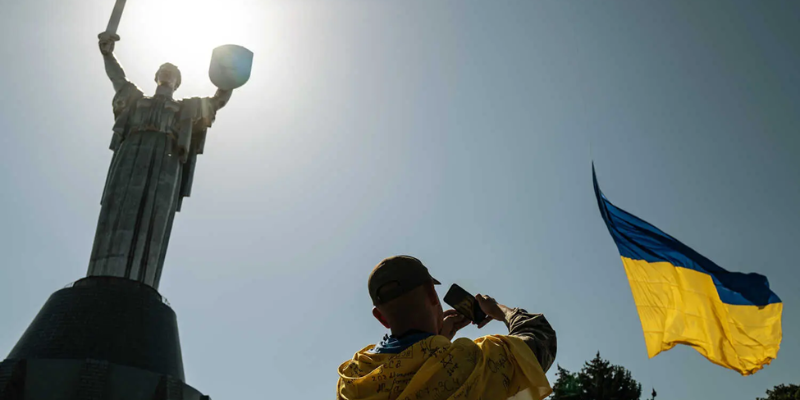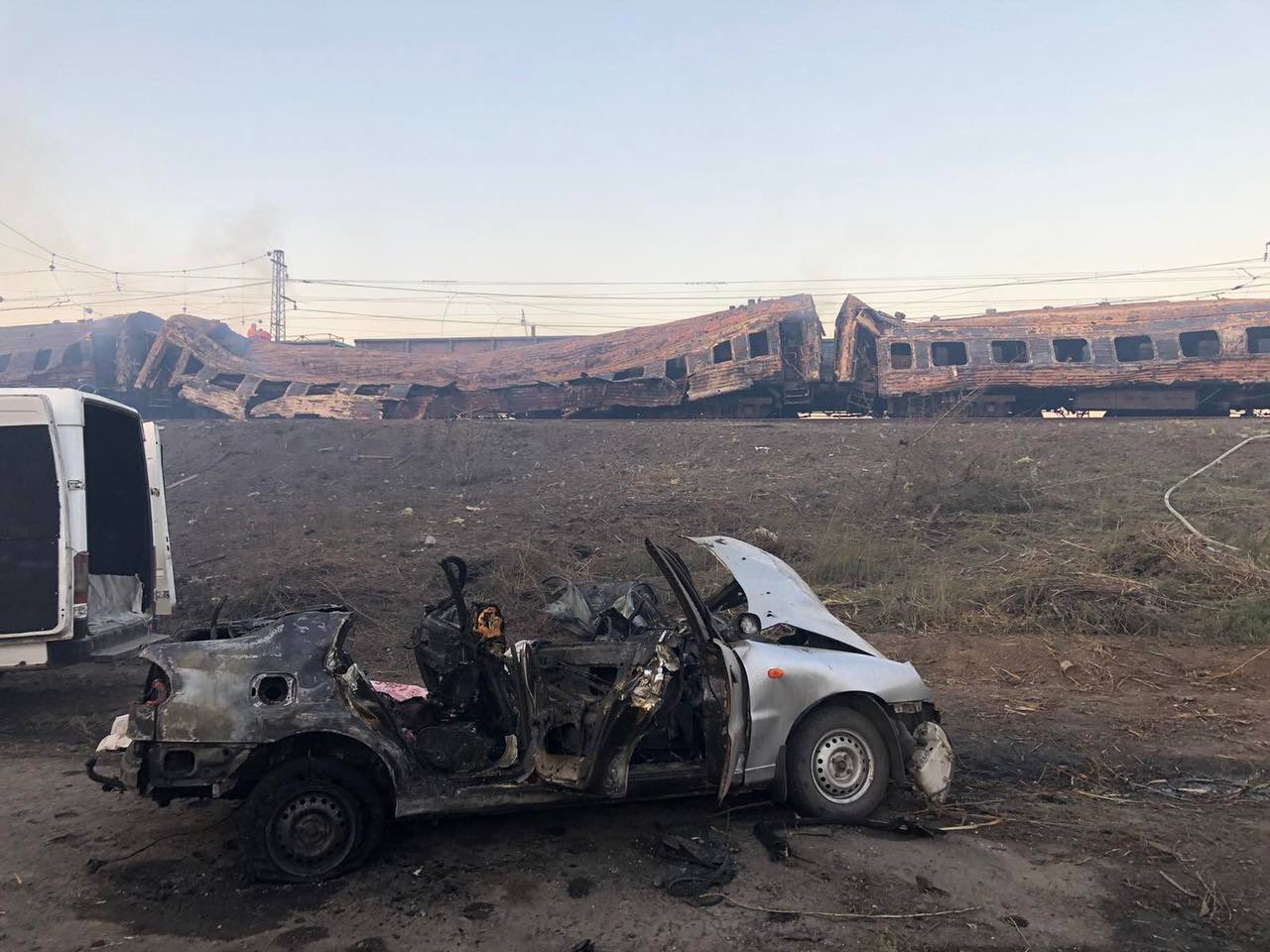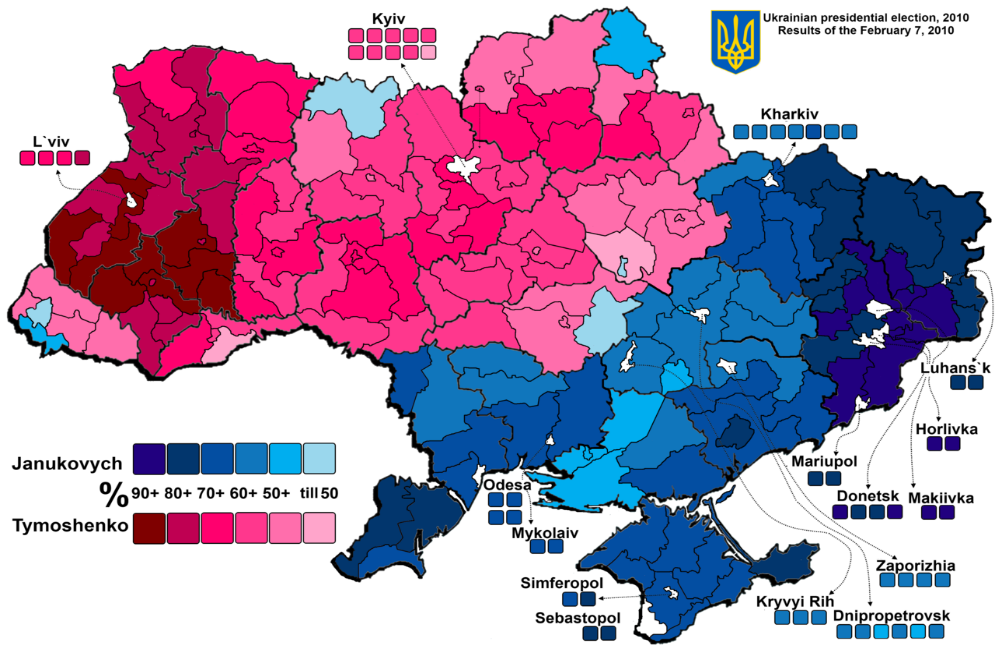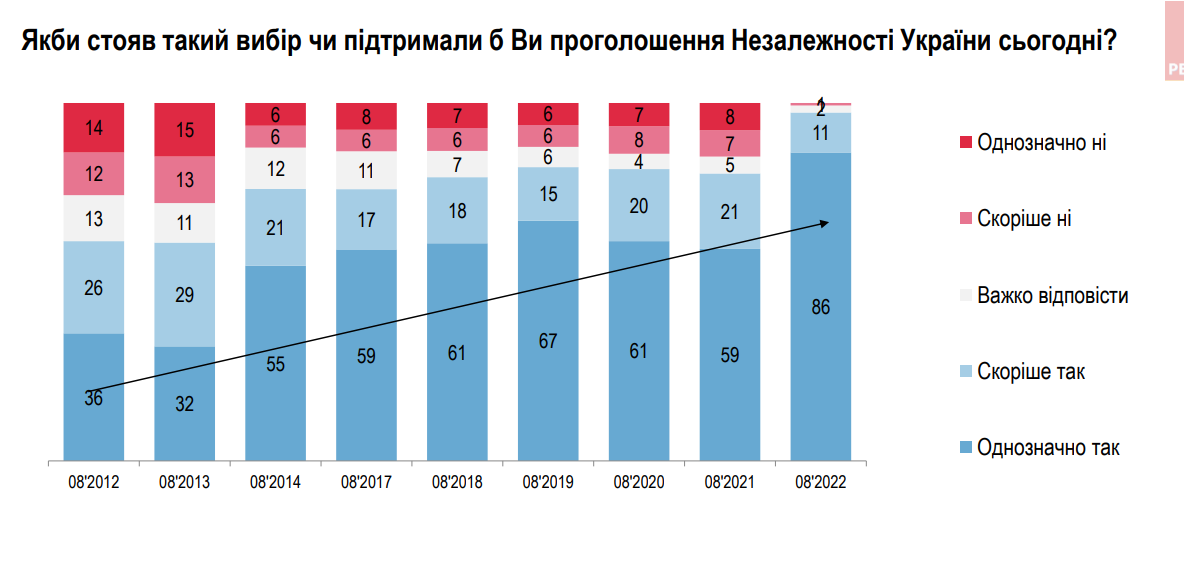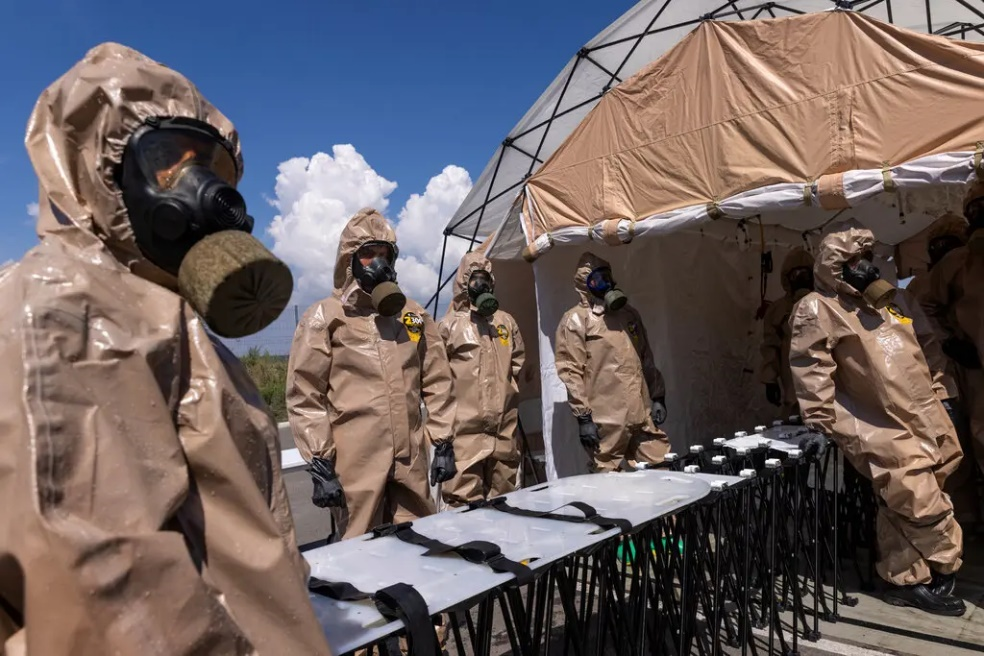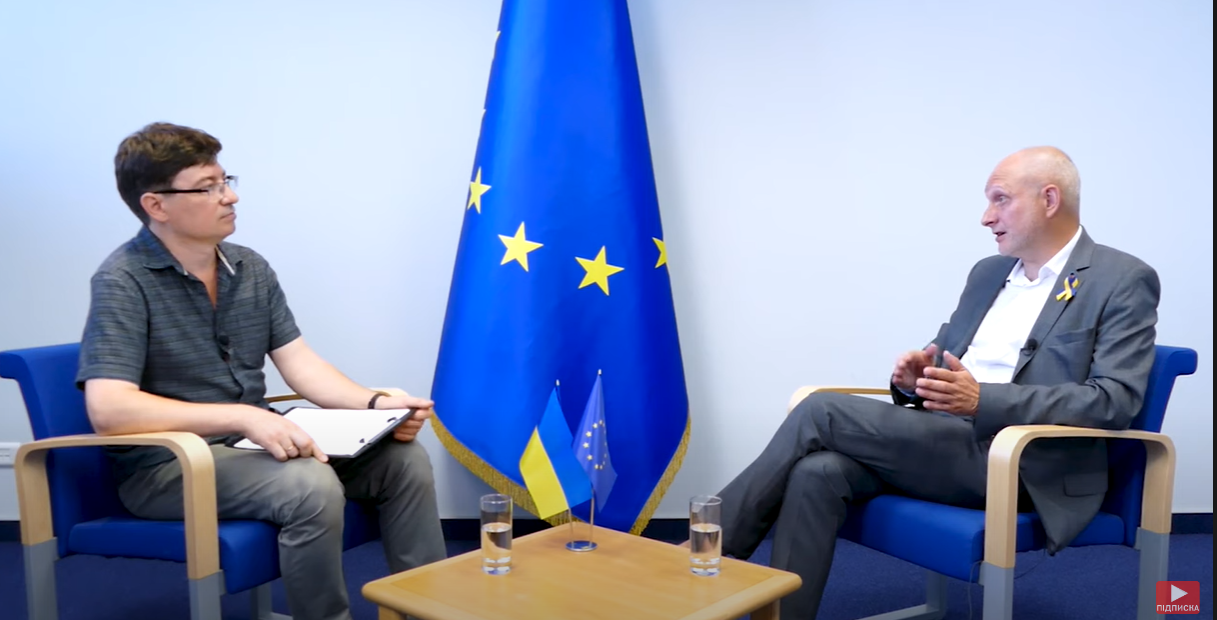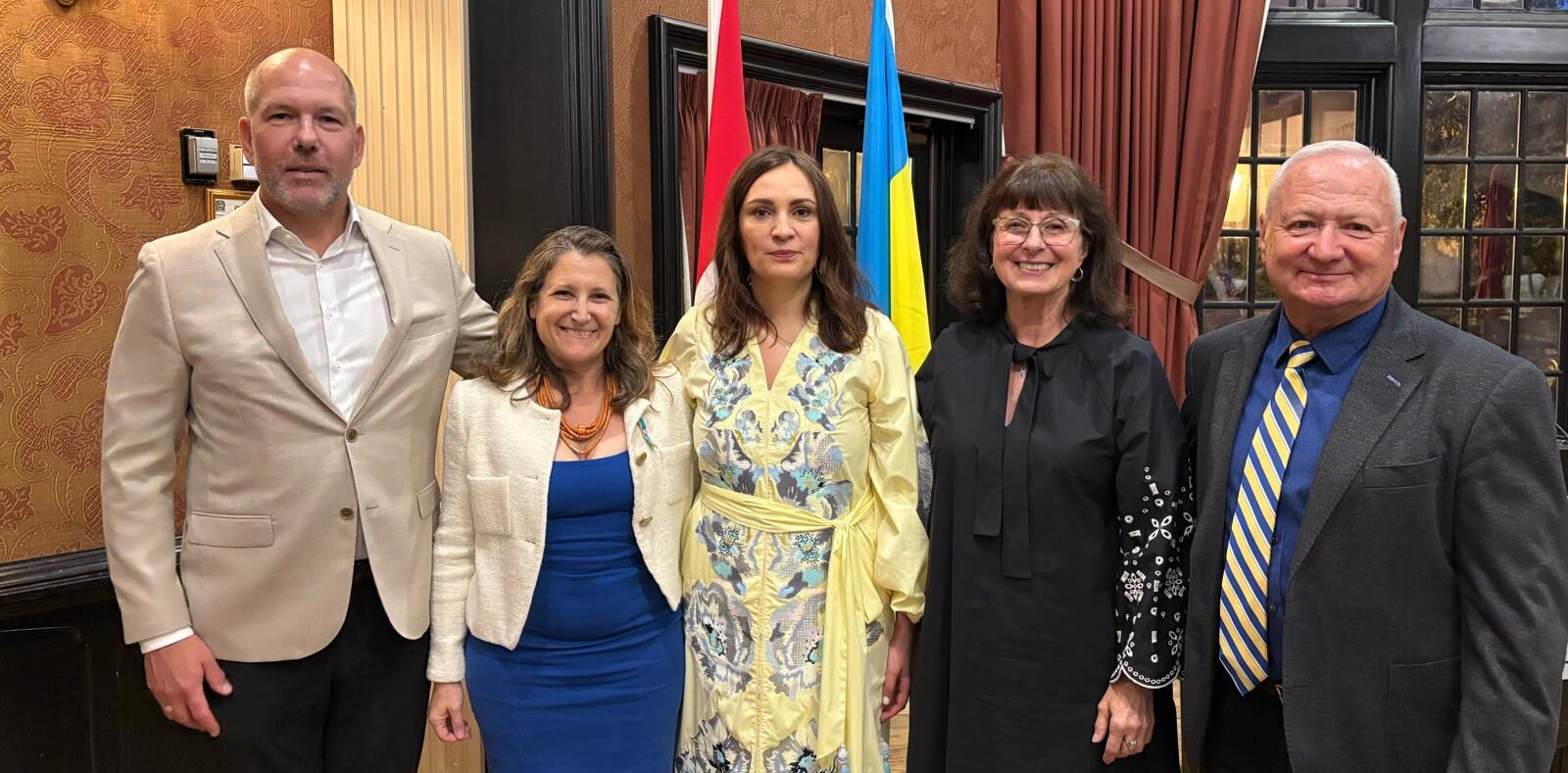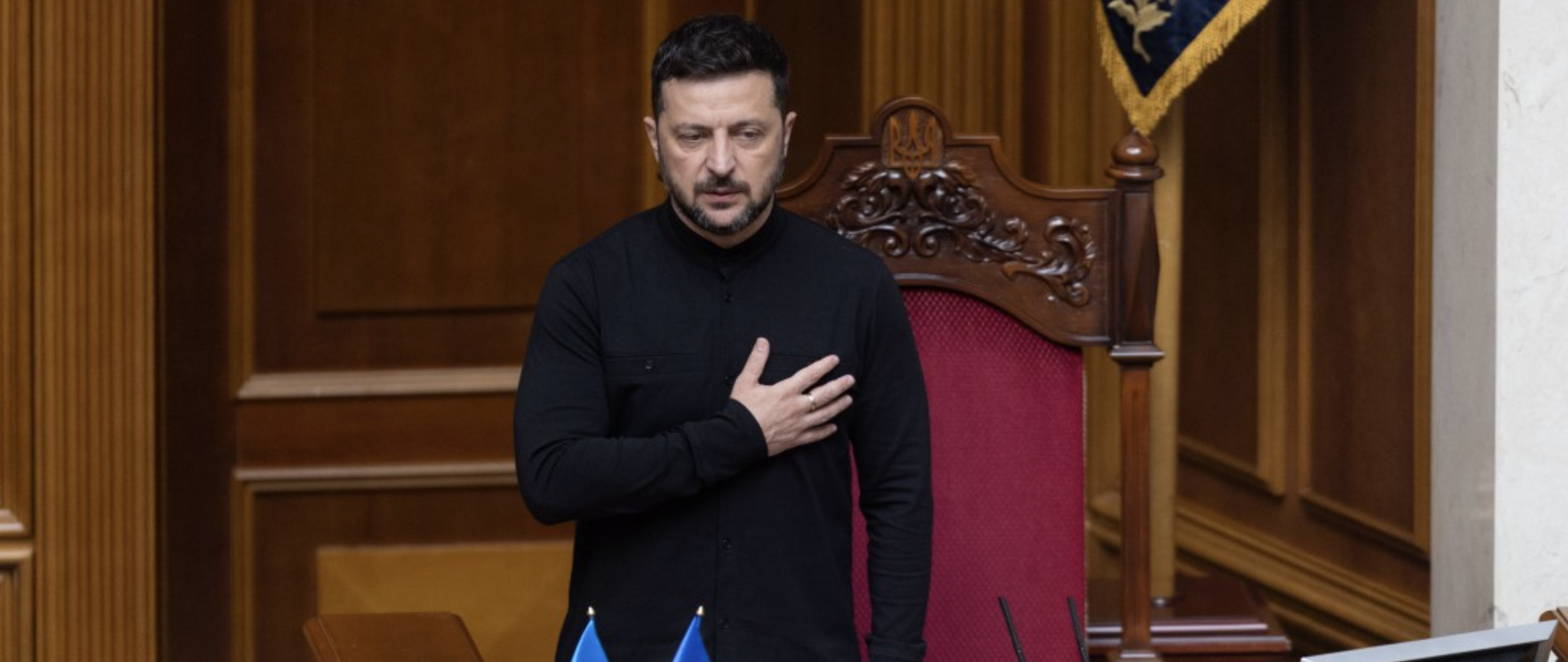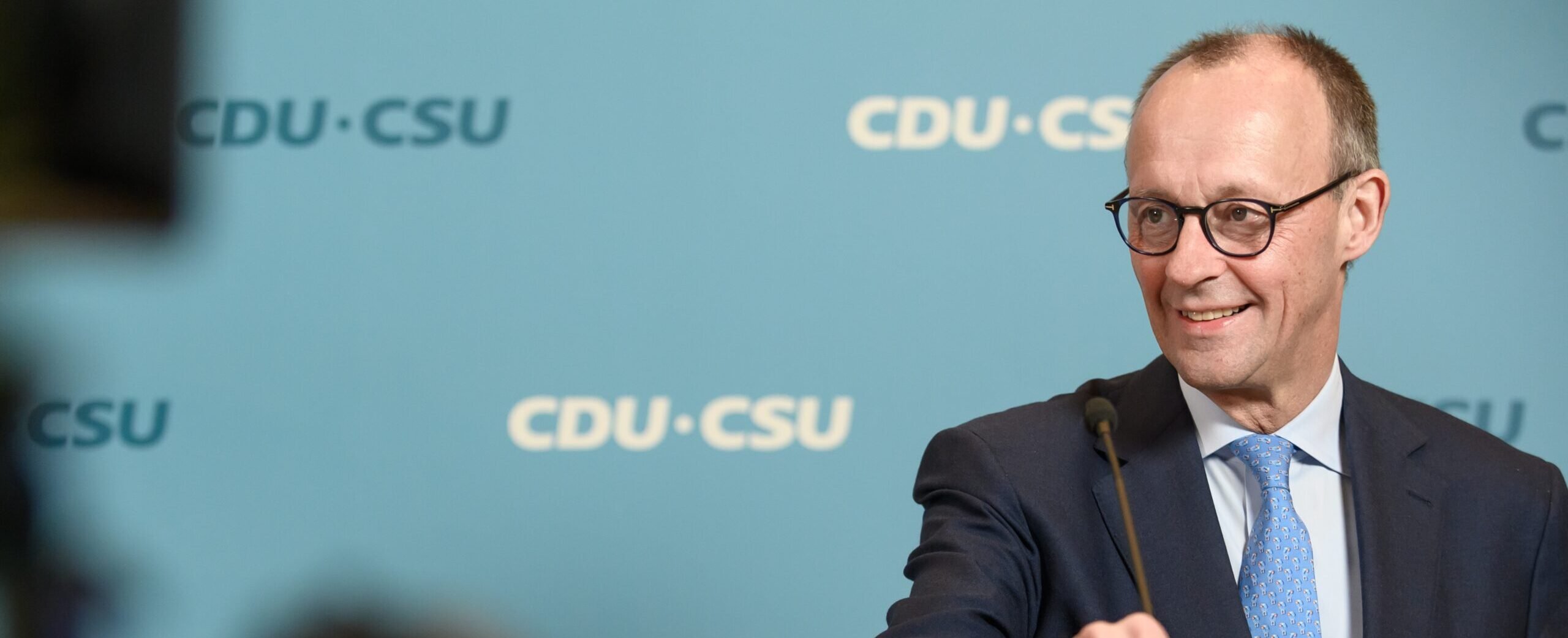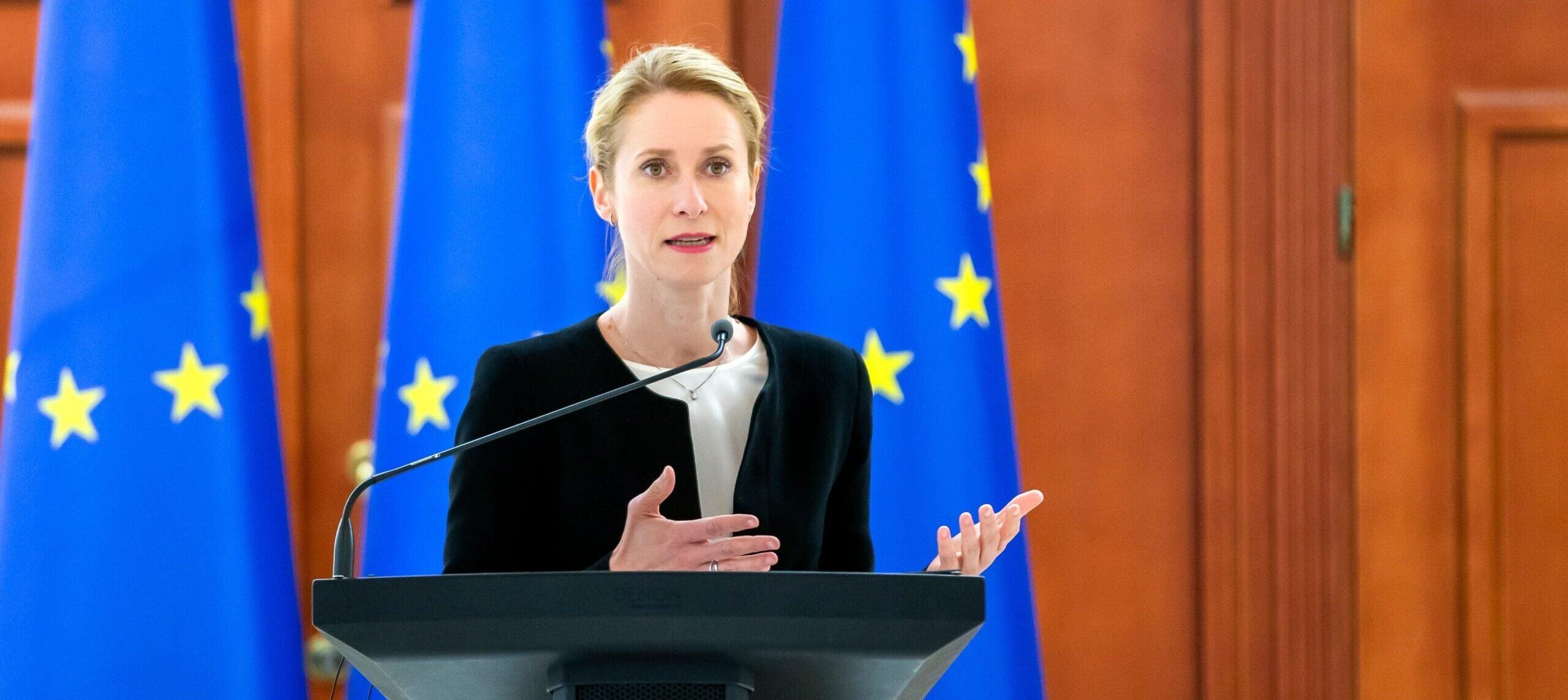Above: Orcs shelled an idling passenger train and visitors nearby. Does this help russian children be safer in their beds at night? Photo via Dmytro Kuleba
- On Ukraine’s 31st celebration of independence, air raid alerts rang out continuously across the country. Ukrainian officials had warned citizens to stay off the streets on heightened fears of increased enemy shelling as a ru symbol of disdain for Ukraine’s independence. As it turned out, the enemy shelled and killed civilians just like on all other days.
- The barbarian invaders targeted a small peaceful train station in Chaplyne, Dnipropetrovsk, killing and injuring over 50 people including children. This was the worst mass murder at a train station since the enemy shelling of Kramatorsk in April. The enemy also struck civilian infrastructure in Sumy, Kharkiv, Donetsk, Zaporizhzhya, Kherson and Khmelnytsky.
- Advisor to the President’s administration Mykhaylo Podolyak tweeted, “Massive shelling of UA on Independence Day — another manifestation of ru-barbarians’ helplessness and terrorist nature after six months of shame. Is it still not clear that trying to intimidate Ukrainians is a losing option? Better think about the final ‘gesture of goodwill’…”
Above: Ukraine’s 2009 election between a Donbas pro-Russia candidate and a reformed gas princess from Dnipropetrovsk demonstrated Ukraine’s split preference for closer ties to russia vs Ukrainian sovereignty. Map via Wikimedia Commons
Below: National changes in attitudes towards Ukrainian independence. 36% strongly supported independence in 2012 compared to 86% who strongly support today. Chart via Rating Group
- The 17th annual national social survey Identify.Patrotism.Values was conducted among Ukrainians August 17-18. Fresh data show significant positive movement of attitudes towards Ukrainian self-identification, language usage, pride and sovereignty over the last eight years.
- The latest invasion effectively removed any self-identification as Russia or as a supporter of relations with russia. russian puppet Yanukovych’s presidential victory in 2009 was supported by half of Ukrainian voters, primarily in the very russophillic east and south. That support has evaporated.
- The study looked at attitudes towards language, beliefs on whether and when Ukrainian will beat the invader and how they imagined Ukraine’s future. In an open-ended question, most people responded that Ukraine will be free, prosperous, peaceful and happy.
First responders wearing radiation suits practice scenarios for nuclear disaster in Zaporizhzhya. Photo via New York Times
- The Permanent Representative of ru Propaganda to the United Nations staged disapproval for allowing President Volodymyr Zelensky to participate in the UN Security Council meeting yesterday, convened to discuss the situation in Ukraine.
- “Well, the Russians are notorious for being global leaders in shooting themselves in the foot. In something of a masochistic move, they put Ukraine’s request for Zelensky to address the UN Security Council to a vote. No one supported Russia … There were 13 powerful votes in support of Ukraine,” according to Serhii Kyslytsia, Ukraine’s UN Permanent Representative.
- The fate of the Zaporizhzhya Nuclear Power Plant in Enerhodar, Zaporizhzhya, was a primary topic for the security council. UN Sec-General Guterres stressed the importance of access, transparency and demilitarization of the power plant, currently used by incredibly incompetant invaders as a military missile firing base. The kremlin’s UN mouthpiece incredulously accused the council of operating in a “parallel reality” if they thought ru was doing anything but protecting the power plant from Ukrainian hostilities.
- The treatment of Ukrainian POWs including access and provision of medical treatment was discussed. Ample evidence has been amassed of ru disdain for basic international human values by ignoring the rules of war. The UN is still working with other organizations to get access to the site of of the recent ru murder of Azovstal and other Ukrainian POWs in Olenivka.
Above: European Pravda interviewed the Head of the EU Delegation to Ukraine Matti Maasdikas on Ukraine’s 31st anniversary of independence. Mr Maasikas, an Estonian born in 1967, spoke in fluent Ukrainian and English, and described an optimistic but challenging outlook for Ukrainian accession.
- Mr Maasdikas said that Ukraine was in better shape than the new member states were at the time of their accession. He stressed that adoption of EU standards was very complex and costly, for example, structural and environmental requirements. In essence, poorer eastern European countries have to come up with the costs of bringing standards up to those of wealthy western countries.
- Mr Maasdikas emphasized that it is meaningless to discuss possible timelines at this point. Progress on the implementation of the European Commission’s requirements as conditions for the beginning of accession negotiations won’t be looked at until next year.
- Prime Minister Denys Shmyhal says Ukraine has set a timeline to be ready to join the EU by the end of 2024. “”European integration work has not stopped for a single day. And by the end of 2024, we plan to be fully ready to join the European Union…We continue to actively implement European legislation and have already fulfilled about 70% of the Association Agreement with the EU,” announced the PM in a government meeting.
